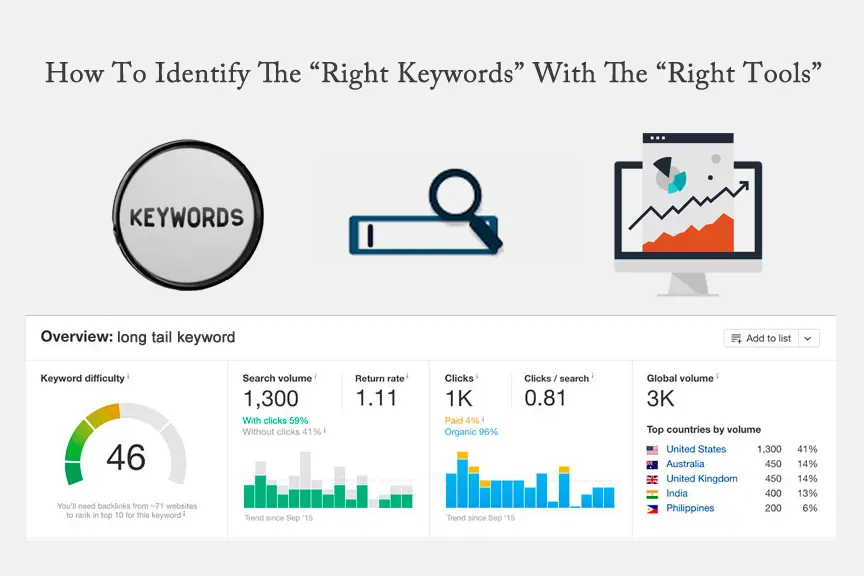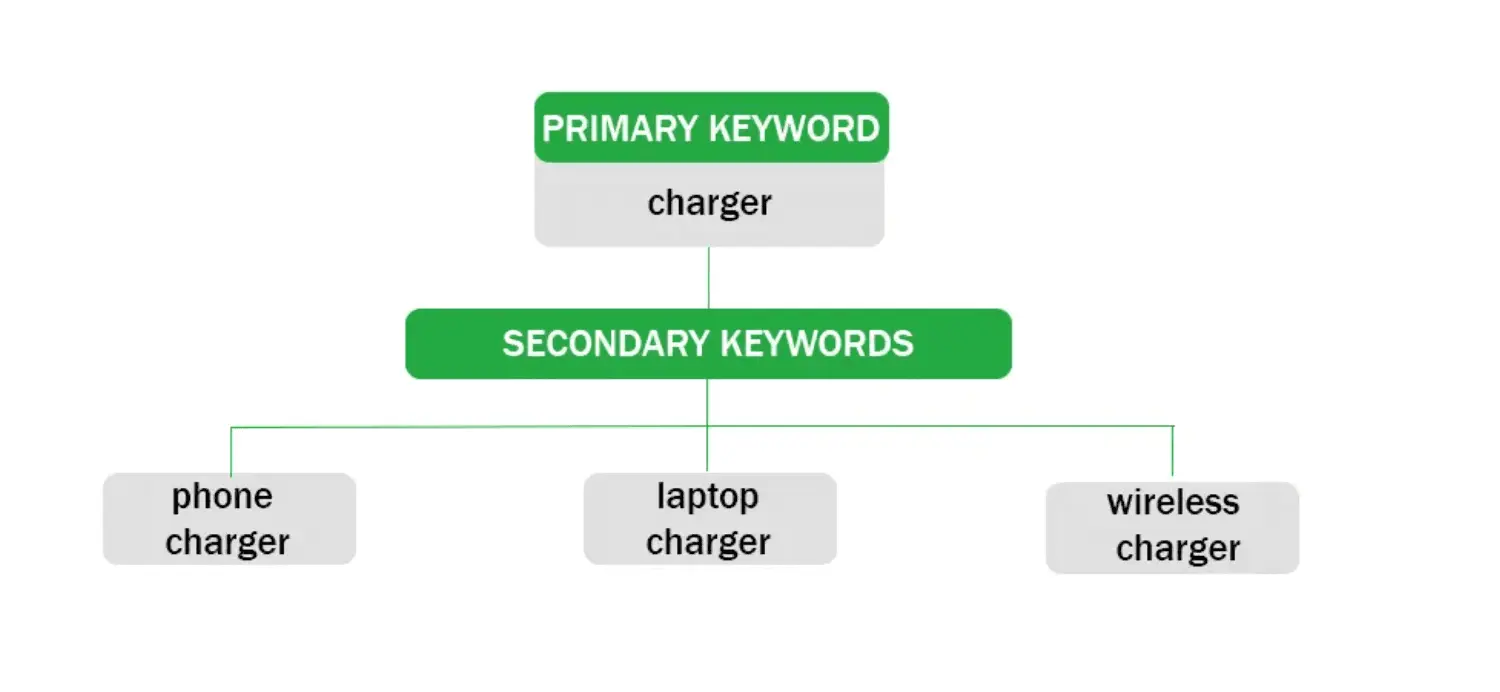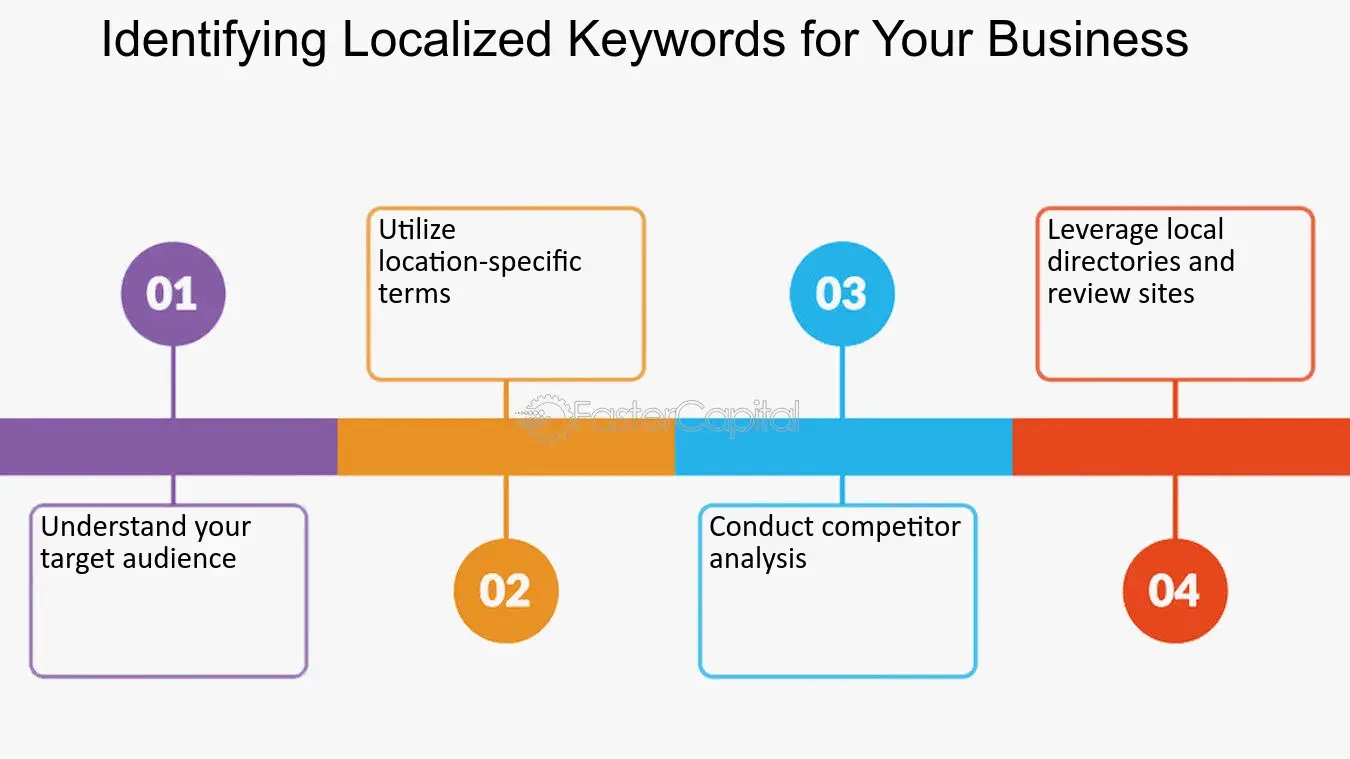
A Comprehensive Guide to Using Related Keywords Finder Tools for SEO
At its core, SEO is about being found. Related keywords, especially identified through a related keywords finder online, are like the hidden paths that lead search engines and users to your content. They're not just about synonyms; they're about context, relevance, and user intent.
How Related Keywords Enhance Your SEO Strategy
Think of your primary keyword as a seed. Related keywords, uncovered by the best related keywords finder, are the branches that grow from this seed, expanding your visibility and reach.
Today's search engines, complemented by related keywords finder free tools, are all about intent. By incorporating related keywords, you align your content more closely with what users are searching for. Using related keywords can give you an edge over competitors by covering the angles they might have missed, especially when using a related keywords finder tool.

Choosing the Right Related Keywords Finder Tool
- Features to Look For: When selecting a tool, prioritize accuracy, a comprehensive database of keywords identified by a related keywords finder online, and user-friendly interfaces.
- Free vs. Paid Tools: While free tools like related keywords finder free can be a good starting point, paid tools often offer more in-depth analysis and a broader range of keywords.
- Tool Integration: Consider how well the tool integrates with other SEO software you use. A seamless workflow can save you time and hassle, especially when using a related keywords finder tool.

- Starting with Your Primary Keyword: Begin with a strong primary keyword. This is your anchor, and the related keywords, identified by the best related keywords finder, are your fleet.
- Analyzing the Suggested Keywords: Look at the suggested keywords critically, provided by a related keywords finder online. Ask yourself, do these fit my content? Are they relevant to my audience?
- Balancing Relevance and Search Volume: It's a balancing act. You want keywords that are highly relevant but also have enough search volume to drive traffic, as identified by a related keywords finder free tool.
Incorporating Related Keywords into Your Content
- Strategic Placement: Don’t just sprinkle related keywords randomly. Place them where they naturally fit – in titles, headers, and throughout your content, as suggested by a related keywords finder tool.

- Avoiding Keyword Stuffing: The golden rule of SEO – keep it natural. Overusing keywords can harm your SEO more than help it.
- Updating Old Content: Don’t forget your existing content. Spruce it up with related keywords to keep it fresh and relevant, leveraging the insights from the best related keywords finder.
Know more: A Step-by-Step Tutorial on Using Keyword Research Tools | The Role of Keyword Research Tools in SEO Strategy
Beyond the Basics: Advanced Techniques with Related Keywords
- Long-Tail Keywords: Long-tail-related keywords can be incredibly effective. They're less competitive and often more targeted, especially when identified using a related keywords finder online.
- Understanding the User’s Journey: Consider the user's journey. What related keywords might they search for at different stages, as suggested by a related keywords finder tool?

- Localizing Your Keywords: If you're targeting a specific geographic area, localize your related keywords to connect with local audiences, using insights from related keywords finder free tools.
Measuring the Impact of Related Keywords
- Tracking Your Rankings: Keep an eye on how your rankings change after incorporating related keywords, as suggested by the best related keywords finder. This is your direct feedback loop.
- Analyzing Traffic and Engagement: It's not just about rankings. Monitor how related keywords impact your traffic and user engagement.
The Future of Related Keywords in SEO
- Predictive Analysis and AI in Keyword Research: The future is about predictive analysis and AI. These technologies could revolutionize how we find and use related keywords, possibly through advanced related keywords finder online tools.
- Staying Ahead in a Changing Landscape: SEO is always changing. Stay informed and adaptable to keep using related keywords effectively, leveraging tools like a related keywords finder tool.
Also read: How to Find Long-Tail Keywords with a Related Keywords Finder Tool | Leveraging Related Keywords Finder Tools for Content Optimization
Conclusion: Embracing the Potential of Related Keywords Finder Tools
In conclusion, mastering the use of related keyword finder tools, such as the best related keywords finder, is like unlocking a secret level in the game of SEO. By broadening your keyword strategy, aligning with user intent, and staying adaptable, you can significantly enhance your digital presence.
Remember, the world of SEO is dynamic, and staying ahead means continually learning and evolving. So, keep exploring, keep refining, and watch as your content climbs the ranks in the search engine world. The power of related keywords is immense, and with the right approach, it's yours to harness.
Free Tools: Free Online Text Editor Tool Online | Free Rewrite Article Tool Online
Frequently Asked Questions
1. How do I find similar keywords?
You can use online tools like Google Keyword Planner or SEMrush. Just type in a keyword, and these tools will show you related keywords.
2. How do I search for keywords online?
Use Google search to see what words or phrases come up when you type a topic. Also, keyword research tools like Ahrefs can help find keywords.
3. What is the website to get trending keywords?
Google Trends is a great site for this. It shows you what keywords are popular right now.
4. How do I find viral keywords?
Check social media, use BuzzSumo to see what's popular in your area, and look at Google Trends for sudden popular searches.
5. How to find keywords for SEO?
Use keyword research tools like Google Keyword Planner. Look for words with many searches but not too much competition.
6. How do I find hot keywords for SEO?
Stay updated with your industry trends, use Google Trends, and see what keywords competitors use.
7. What is SEO friendly keyword?
A keyword good for SEO is relevant to your content, search for a lot, and not too competitive. It should also sound natural in your content.
8. Which keywords are most popular?
It depends on your industry. Use tools like Google Keyword Planner to find out which words people search for the most in your field.
9. How do I find high-paying keywords?
Look for keywords in industries where customers spend a lot. Tools like Ahrefs show you the cost per click for each keyword.
10. What are profitable keywords?
These are keywords that can lead to sales or other valuable actions. They usually have a good amount of searches and are very relevant to what you offer.
11. What is Google's rank for keywords?
It's where your website shows up in Google's search results for a keyword. The higher your rank, the more people will see your site.
12. How much does Google pay per click?
The cost varies a lot. It depends on your industry and the keyword. It can range from a few cents to several dollars per click.



